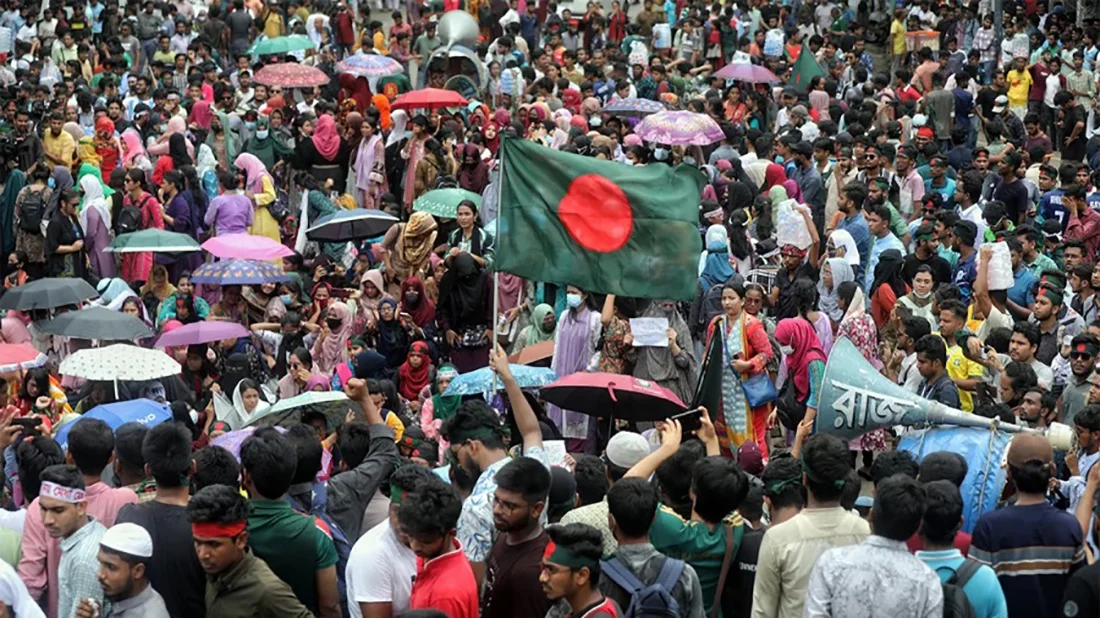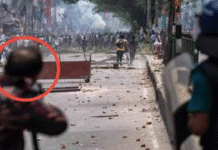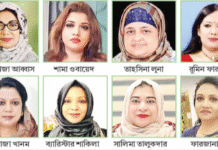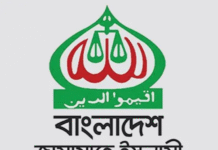Some 75% of individuals injured during student and public protests are suffering from varying levels of depression, with over 27.3% experiencing severe depression.
Additionally, more than half (54.5%) exhibit symptoms of anxiety ranging from mild to extreme, while 58.2% show signs of stress or psychological strain.
These findings have come from a recent survey conducted by the National Institute of Mental Health, which studied 55 individuals aged between 14 and 50 receiving treatment at the National Institute of Ophthalmology after being injured during protests. Half of the surveyed individuals were aged 22 or younger.
Among the 55 respondents, 38% had completed secondary education, and 62% were unmarried. Students comprised 38% of the injured, while 22% were labourers.
Researchers used internationally recognized questionnaires to assess the psychological health of these individuals.
A case from the National Institute of Ophthalmology brought the mental health of protest-injured individuals into focus when a patient displayed destructive and agitated behaviour, later diagnosed as bipolar disorder.
Following this incident, the National Institute of Mental Health initiated a survey to evaluate the depression, anxiety, and stress levels of protest-injured individuals.
The survey revealed that 25.5% of the respondents were in a normal mental state, while 10.9% experienced mild, 21.8% moderate, 14.5% severe, and 27.3% extreme levels of depression. Regarding anxiety, 45.5% were normal, 14.5% mild, 12.7% moderate, 5.5% severe, and 21.8% extreme.
Stress-related issues were also prevalent, with 41.8% in a normal state, 14.5% mild, 18.2% moderate, 16.4% severe, and 9.1% extreme.
The institute has established a specialized unit to treat mental health conditions in protest-injured individuals.
Separate 10-bed wards for men and women have been set up, along with free outpatient counselling and psychotherapy services.
Since August 5, over 29 individuals, including nine women, have sought outpatient care, and 12 have been admitted, with one patient requiring readmission.
Mental health experts at the hospital report that many individuals seeking treatment are either directly involved in the protests or related to injured or deceased participants.
Protest-related events have significantly impacted their mental health, with most being diagnosed with bipolar disorder or post-traumatic stress disorder (PTSD).
Dr Muntasir Maruf, associate professor of the Community and Social Psychiatry Department at the National Mental Health Institute, emphasized the importance of addressing the mental health needs of injured individuals.
He said: “The injured in the movement need physical treatment as well as psychological treatment. In most cases, people with mental problems do not understand the disease. That’s why this problem is not being treated properly. It is very important to pay attention to mental problems and proper treatment for the injured to return to normal life.”
Dhaka Tribune










